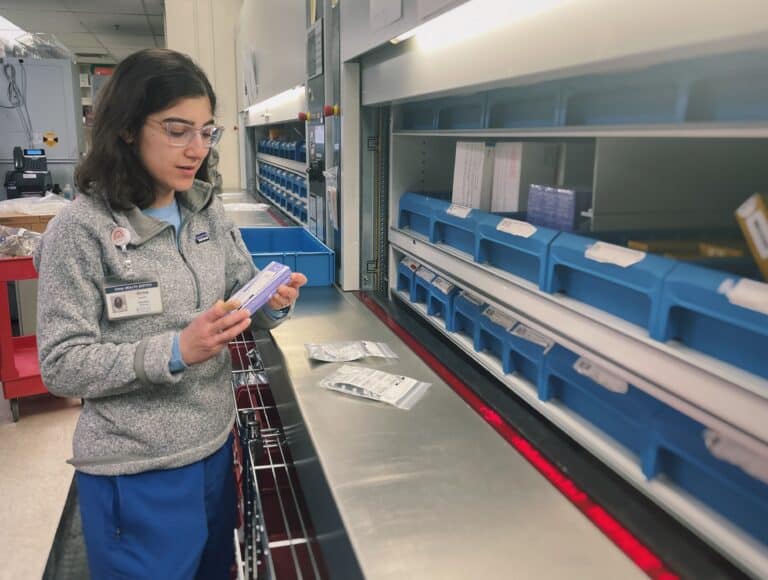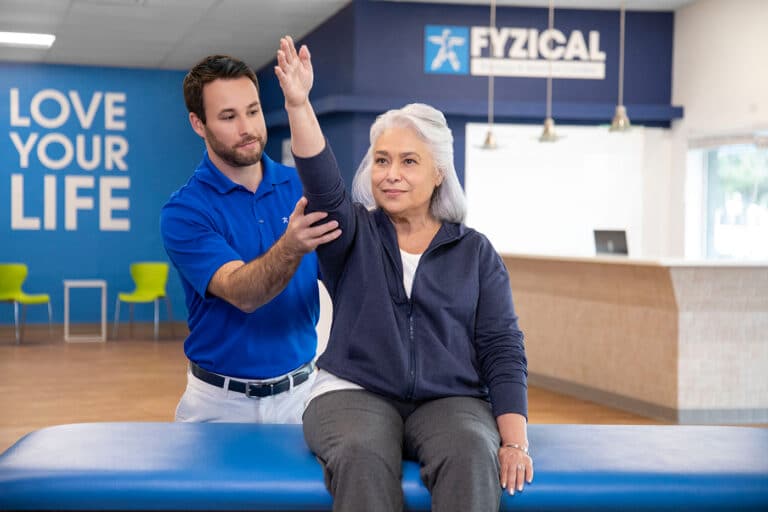You would never buy a used car without some reassurance that it’s not a lemon. Similarly, Ageology CEO Dr. Paul Savage advises that you should only take compounded medication from pharmacies certified by the Pharmacy Compounding Accreditation Board (PCAB).
Think of it this way: PCAB is the Carfax of pharmacies. It’s Pharmfax.
Compounded medications are those that are customized and not found in any specific dosage form or strength, and tailored to the patient’s individual needs. Although many of the medications used are approved by the U.S. Food and Drug Administration (FDA), it only approves of standardized, not customized, dosing of medication. And while all pharmacies must meet licensure requirements, PCAB-accredited pharmacies have gone the extra mile to demonstrate that they comply with nationally accepted quality control, quality assurance and quality improvement standards.
Now here’s the scary part. Of the 7,000 compounding pharmacies in the United States, only 163 are PCAB certified. That’s barely 2 percent.
In light of these head-scratching statistics, Savage offers the following advice to consumers: First, know your healthcare provider, which compounding pharmacy it recommends and why. Second, if your compounding pharmacy isn’t PCAB certified, go find one that is.
Take Caution When Compounding
Last year the safety of compounding pharmacies was once again called into question following an outbreak of fungal meningitis.
The potentially life-threatening infection was traced back to contaminated injectable steroids produced by the non-PCAB certified New England Compounding Center (NECC). As of late December 2012, the Centers for Disease Control and Prevention has reported 620 cases of meningitis as a result of the breakout. Thirty-nine have died.
Savage stressed that the institution of compounding pharmacies itself is not the problem.
“A compounding pharmacy is an essential component of healthcare,” Savage says, “because commercially manufactured medications cannot account for the specific needs of every individual patient or meet the demand of the nation.”
The individualized and need-specific nature of compounding, however, creates a wide variability in the quality of compounding processes and medications that these pharmacies produce.
“The problem,” Savage says, “is that the FDA oversees Big Pharma, but who oversees the compounders?”
Strengthening Through Incentives
Whereas the manufacturing of pharmaceutical products is under the watchful eye of the feds, the oversight of compounding pharmacies is a state function. This, coupled with the individualized nature of compounding, has made it elusive to stricter regulation and standardization.
That’s where PCAB comes in.
The organization was founded in 2006 in response to criticisms on the absence of regulations, but has yet to catch on with a majority of pharmacies.
Much of this can be attributed to lack of incentives.
Take the Joint Commission on the Accreditation of Health Care Organizations (JCAHO), for example. It was privately funded and developed in 1951, largely to set standards for hospitals. Now, in 2013, nearly all hospitals in the United States are JCAHO certified. Once certified, these hospitals are able to gain reimbursement from the government for services rendered to Medicare and Medicaid patients.
“There is no incentive, financially, for the compounding pharmacies to get up to snuff,” says Savage. “It [compounding] is a process. It has to be worked by a compounder and a technician to split [the medication] up. But the federal government will only pay for the medicine. They won’t pay for the labor, expertise or craft involved.”
Savage believes that to get compounders up to speed, something may have to be done at the federal level.
“Maybe this is where the federal government does have to step in to help incentivize [the compounding pharmacies], which is always the best thing to do… or penalize them, which is not always the healthiest thing to do.”
The Power of the Patient
With such a low number of pharmacies certified by PCAB, it may take a while for this organization’s high standard of quality to become the norm. Until then, the power rests with the patients to guard themselves against incidents like the fungal meningitis outbreak.
“I’ve taught thousands of doctors; I’ve treated tens of thousands of patients,” Savage says. “And patients come to me all the time and say, ‘I want to use this pharmacy.’ I say no. They ask, ‘Why not?’ And I tell them: Because they’re not PCAB certified.” [email_link]










